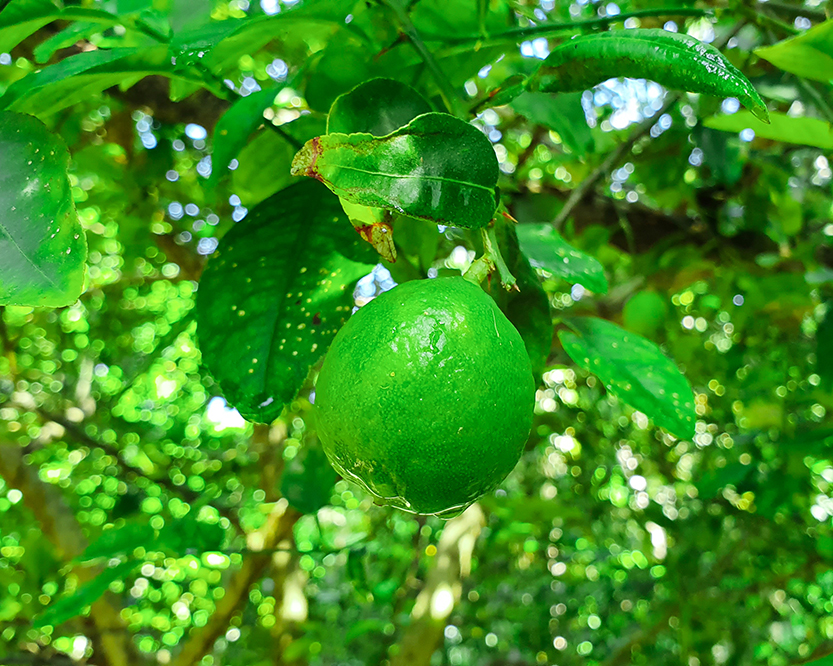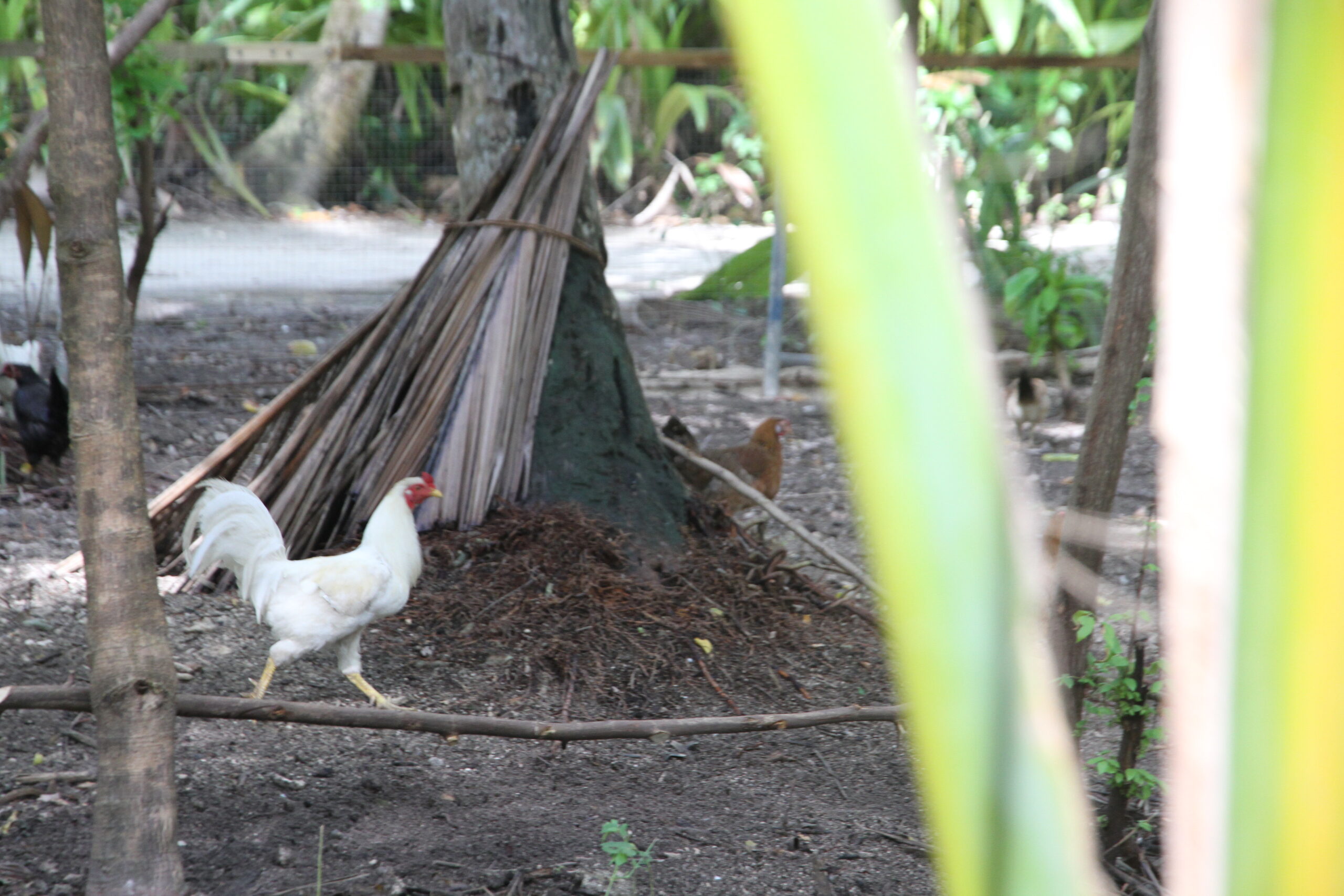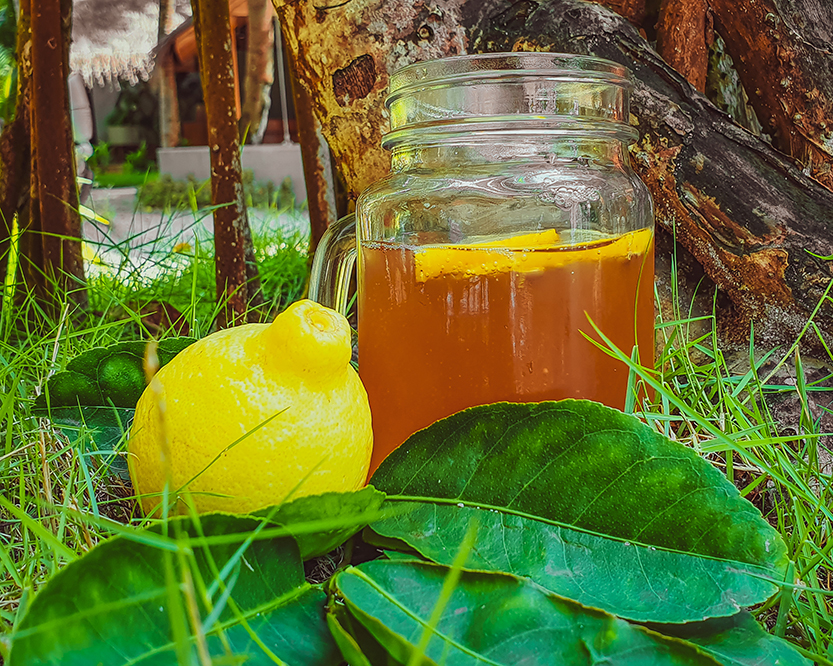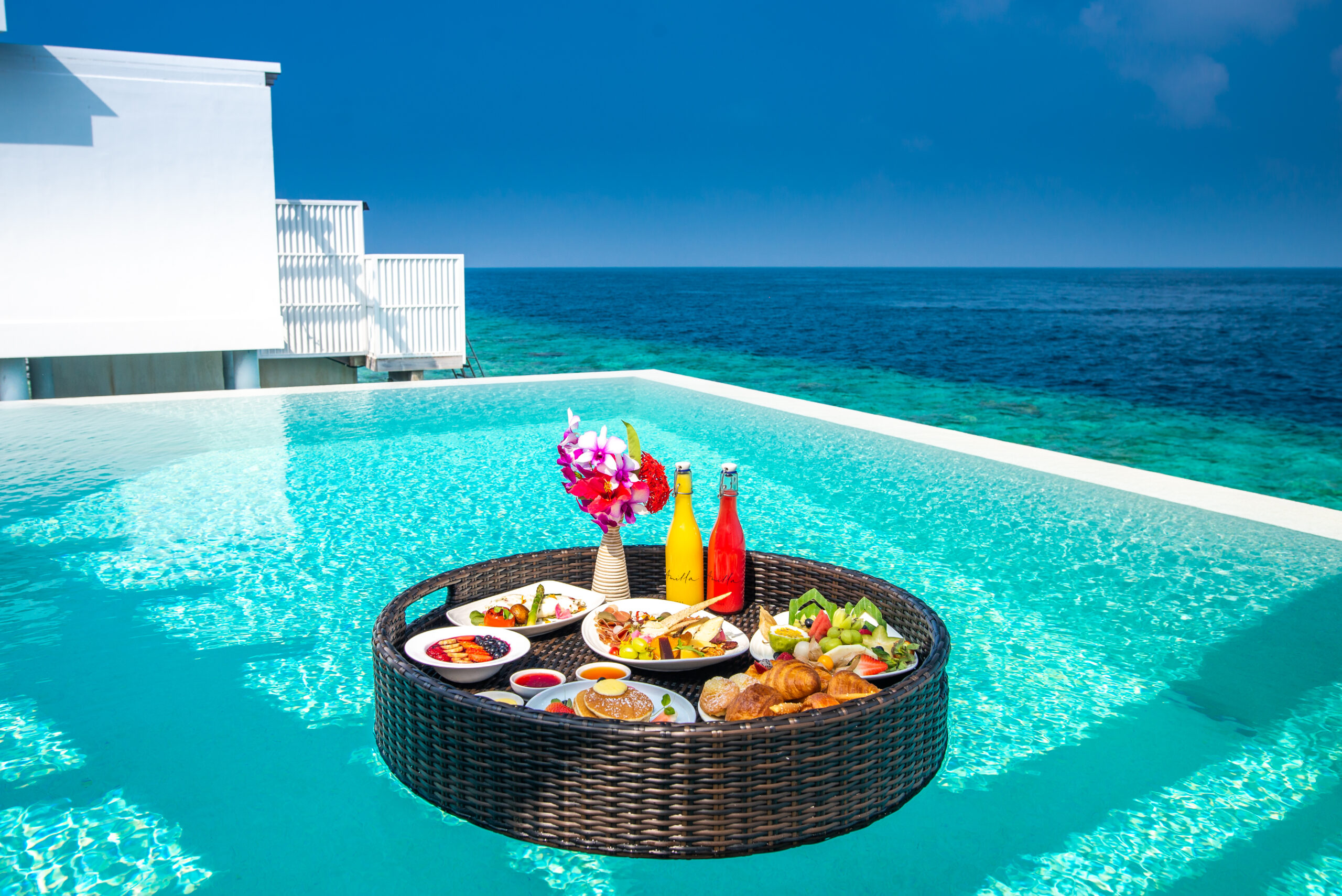In a bid to be more self-sufficient and reduce it’s ‘foodprint’, the Amilla Maldives is cultivating a bounty of fruit, vegetables and superfoods for guest consumption. Olivia Palamountain reports
While the Maldives are not particularly adept at agriculture (it’s estimated that the islands make less than a tenth of their overall food requirements), properties such as the Amilla Maldives Resort and Residences are taking are setting about growing their own.
Sitting on 58 acres of tropical land, the Amilla has used this lush setting to its advantage to create its “Homemade@Amilla” initiative. It’s a clear demonstration of how the “Zero Miles, Zero Waste” trend that Globetrender identified in its Future of Luxury Travel report is now manifesting.
A grassroots commitment to reduce the resort’s “foodprint” and use of unnecessary packaging, the Amilla has gone back to basics with low-tech, creative methods of production that work in harmony with nature and make the most of everything they cultivate. A orchard of organic fruit trees – think banana, pineapple and papaya – now grows on the property, along with sweet potatoes and an organic hydroponic garden bursting with microgreens, fruit, vegetables, Maldivian rocket, edible flowers and superfoods such as moringa, purslane and okra. Amilla has even built a hut to grow its own mushrooms.
A orchard of organic fruit trees – think banana, pineapple and papaya – now grows on the property, along with sweet potatoes and an organic hydroponic garden bursting with microgreens, fruit, vegetables, Maldivian rocket, edible flowers and superfoods such as moringa, purslane and okra. Amilla has even built a hut to grow its own mushrooms.

Nothing says tropical island like coconut trees – and the Amilla has more than 2,000 of them, all of which are now able to be processed using the resort’s new coconut press. From fresh coconut water and coconut milk to coconut flour and high-quality coconut oil, the resort really makes the most of this multi-purpose renewable resource.
Self-sufficiency continues at “Cluckingham Palace”, home to 60 hens that provide all the eggs needed to feed the island, served up with the rest of the organic produce from Amilla’s gardens at new dining venue Chill’d. Showcasing a menu of nourishing, healthy food, Chill’d signatures include salads of island-grown greens, poke bowls and sandwiches made with Homemade@Amilla low-carb bread, sourdough and almond flaxseed rolls. House-made kimchi, vegan cheese, ricott and nut butter are also on the menu.
Showcasing a menu of nourishing, healthy food, Chill’d signatures include salads of island-grown greens, poke bowls and sandwiches made with Homemade@Amilla low-carb bread, sourdough and almond flaxseed rolls. House-made kimchi, vegan cheese, ricott and nut butter are also on the menu.
At the Chill’d juice bar, detox tonics, herbal teas, bitters and wellness smoothies are on offer, as well as a range of probiotic drinks, including immunity-boosting ferments such as lemon peel Earl Grey kombucha, Screwpine soda made from the fruit of the pandana trees that cloak the island interior, and “living lemonade”, which is lacto-fermented with whey – itself a by-product of Amilla’s homemade yoghurt.  Amilla’s dedication to “Zero Miles, Zero Waste” even goes as far as installing a copper alembic (a specialised two-part jar that can separate and purify substances) to distill essential oils and hydrosols from left-over orange peel, for example.
Amilla’s dedication to “Zero Miles, Zero Waste” even goes as far as installing a copper alembic (a specialised two-part jar that can separate and purify substances) to distill essential oils and hydrosols from left-over orange peel, for example.
London’s Silo restaurant pioneered the trend for zero-waste dining in the UK from its original site in Brighton back in 2014, spearheading a movement that now includes the likes of Fallow, Cub, Native and Ugly Butterfly.
The Potato Head Studios hotel in Bali has a farm-to-table (and zero-waste) restaurant, while in Finland, Nolla is the Nordic region’s first zero-waste restaurant. Read Globetrender’s full report here.

